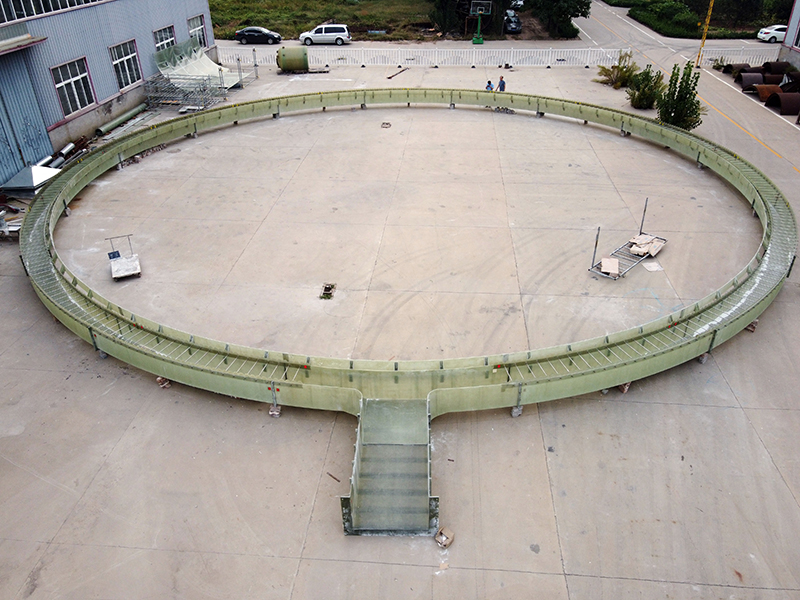
-
 Afrikaans
Afrikaans -
 Albanian
Albanian -
 Amharic
Amharic -
 Arabic
Arabic -
 Armenian
Armenian -
 Azerbaijani
Azerbaijani -
 Basque
Basque -
 Belarusian
Belarusian -
 Bengali
Bengali -
 Bosnian
Bosnian -
 Bulgarian
Bulgarian -
 Catalan
Catalan -
 Cebuano
Cebuano -
 China
China -
 China (Taiwan)
China (Taiwan) -
 Corsican
Corsican -
 Croatian
Croatian -
 Czech
Czech -
 Danish
Danish -
 Dutch
Dutch -
 English
English -
 Esperanto
Esperanto -
 Estonian
Estonian -
 Finnish
Finnish -
 French
French -
 Frisian
Frisian -
 Galician
Galician -
 Georgian
Georgian -
 German
German -
 Greek
Greek -
 Gujarati
Gujarati -
 Haitian Creole
Haitian Creole -
 hausa
hausa -
 hawaiian
hawaiian -
 Hebrew
Hebrew -
 Hindi
Hindi -
 Miao
Miao -
 Hungarian
Hungarian -
 Icelandic
Icelandic -
 igbo
igbo -
 Indonesian
Indonesian -
 irish
irish -
 Italian
Italian -
 Japanese
Japanese -
 Javanese
Javanese -
 Kannada
Kannada -
 kazakh
kazakh -
 Khmer
Khmer -
 Rwandese
Rwandese -
 Korean
Korean -
 Kurdish
Kurdish -
 Kyrgyz
Kyrgyz -
 Lao
Lao -
 Latin
Latin -
 Latvian
Latvian -
 Lithuanian
Lithuanian -
 Luxembourgish
Luxembourgish -
 Macedonian
Macedonian -
 Malgashi
Malgashi -
 Malay
Malay -
 Malayalam
Malayalam -
 Maltese
Maltese -
 Maori
Maori -
 Marathi
Marathi -
 Mongolian
Mongolian -
 Myanmar
Myanmar -
 Nepali
Nepali -
 Norwegian
Norwegian -
 Norwegian
Norwegian -
 Occitan
Occitan -
 Pashto
Pashto -
 Persian
Persian -
 Polish
Polish -
 Portuguese
Portuguese -
 Punjabi
Punjabi -
 Romanian
Romanian -
 Russian
Russian -
 Samoan
Samoan -
 Scottish Gaelic
Scottish Gaelic -
 Serbian
Serbian -
 Sesotho
Sesotho -
 Shona
Shona -
 Sindhi
Sindhi -
 Sinhala
Sinhala -
 Slovak
Slovak -
 Slovenian
Slovenian -
 Somali
Somali -
 Spanish
Spanish -
 Sundanese
Sundanese -
 Swahili
Swahili -
 Swedish
Swedish -
 Tagalog
Tagalog -
 Tajik
Tajik -
 Tamil
Tamil -
 Tatar
Tatar -
 Telugu
Telugu -
 Thai
Thai -
 Turkish
Turkish -
 Turkmen
Turkmen -
 Ukrainian
Ukrainian -
 Urdu
Urdu -
 Uighur
Uighur -
 Uzbek
Uzbek -
 Vietnamese
Vietnamese -
 Welsh
Welsh -
 Bantu
Bantu -
 Yiddish
Yiddish -
 Yoruba
Yoruba -
 Zulu
Zulu
Durable Fiberglass Cover for Enhanced Protection and Long-lasting Performance
The Versatility and Benefits of Fiberglass Covers
Fiberglass covers have emerged as a popular solution in various industries due to their unique properties and numerous advantages. These covers, made from a composite material that combines glass fibers with resin, offer durability, lightweight design, and resistance to harsh environmental conditions. As we delve deeper into the topic, it’s essential to understand why fiberglass covers are becoming a go-to choice for applications ranging from construction to automotive industries.
One of the most significant advantages of fiberglass covers is their durability. Unlike traditional materials such as metal or plastic, fiberglass is resistant to corrosion, rust, and decay. This characteristic makes fiberglass covers particularly appealing for outdoor applications, where exposure to weather elements can lead to rapid deterioration. For instance, in industries like marine, where exposure to saltwater is inevitable, fiberglass covers can withstand the corrosive environment much better than their metal counterparts. This longevity translates to lower replacement costs and reduced maintenance over time, making fiberglass a cost-effective option in the long run.
In addition to their durability, fiberglass covers are lightweight compared to metal covers, which allows for easier handling and installation. This property is especially beneficial in scenarios where weight is a critical factor, such as in the construction of rooftops, where reducing load can enhance structural integrity. The lightweight nature of fiberglass also means that it often requires less support during installation, further simplifying the building process.
Another remarkable feature of fiberglass covers is their versatility in design. Fiberglass can be manufactured in various shapes, sizes, and colors, allowing for customization to fit specific applications. This adaptability makes fiberglass an ideal choice for a wide range of projects, whether it be for industrial storage tanks, enclosures, or aesthetic architectural elements. Designers and architects appreciate the creative freedom that fiberglass allows, enabling them to incorporate functional yet visually appealing elements into their projects.
fiberglass cover

Heat and sound insulation are additional benefits of fiberglass covers. The material has inherent insulating properties, which can help maintain temperature regulation within enclosed spaces. This feature is particularly useful in industries such as refrigeration and automotive, where maintaining a specific temperature is crucial for the operation and longevity of equipment. Furthermore, fiberglass covers can also provide sound dampening capabilities, reducing noise pollution in sensitive environments.
Safety is another critical aspect of fiberglass covers. The non-conductive nature of fiberglass makes it a safer alternative when electricity is a concern. This is particularly vital in industrial settings where electrical hazards may be present. Fiberglass covers do not pose a risk of electric shock, ensuring a safer working environment for employees. Additionally, fiberglass is less likely to shatter compared to glass, providing a safer option in areas where breakage could lead to injury.
Moreover, fiberglass covers can be designed to meet various safety standards, including fire resistance and impact protection. This adaptability allows them to be used in diverse environments, from construction sites to chemical storage facilities, where compliance with safety regulations is paramount.
Sustainability is becoming increasingly important, and fiberglass can contribute to this effort. While traditional materials may require extensive energy for production and are often non-recyclable, fiberglass’s durability leads to less waste over time. Some manufacturers even offer recyclable fiberglass products, supporting a circular economy.
In conclusion, the advantages of fiberglass covers make them an outstanding choice for a myriad of applications across different industries. From their durability and lightweight design to their insulating properties and safety features, fiberglass covers provide a practical and sustainable solution. As technology continues to advance, the uses and innovations surrounding fiberglass will likely expand even further, solidifying its place as a vital material in modern construction and manufacturing. Whether for functional or aesthetic needs, fiberglass covers are poised to play a significant role in the future of diverse applications.









